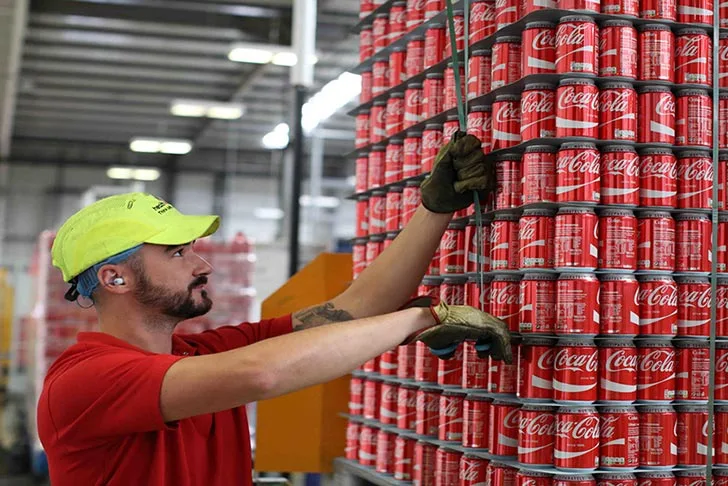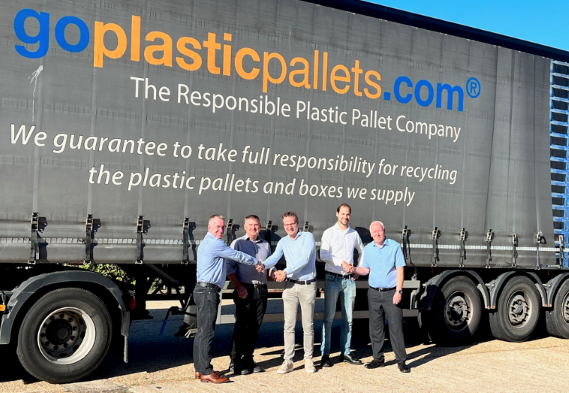Packaging is a critical element in the delivery process, serving not only as a protective layer for products but also as a key touchpoint for branding and customer satisfaction. However, the requirements for e-commerce and retail packaging differ significantly due to the distinct challenges each channel presents. From safeguarding products to creating memorable customer experiences, businesses must navigate these differences to stay competitive. Here’s how.
Balancing Protection and Practicality
One of the most significant distinctions between e-commerce and retail packaging lies in product protection. E-commerce packages must endure extensive handling, long-distance transportation and exposure to various environmental conditions. To address these challenges, businesses often rely on sturdy corrugated boxes, impact-resistant inserts and void fillers like air cushions or paper stuffing to shield items from damage during transit. The focus is on durability and functionality so that products arrive intact regardless of the journey.
In contrast, retail packaging prioritizes visual appeal and ease of handling within a store environment. While it still provides basic protection, it’s designed to stand out on shelves and capture consumer attention. Lightweight materials and sleek designs are common, allowing packaging to emphasize branding while maintaining practicality for in-store displays. For example, an elegant cardboard box with bold visuals works well for retail shelves but would not withstand the physical demands of e-commerce shipping.
The Role of Branding and Presentation
Branding plays a crucial role in both channels but manifests differently based on customer interactions. In e-commerce, packaging is often the first physical connection a customer has with the brand, making the unboxing experience an essential marketing tool. Custom mailer boxes, personalized thank-you notes and branded tissue paper can be used to elevate this interaction, turning it into a memorable moment that can lead to social media shares and increased brand loyalty.
For retail, packaging must catch the eye amidst a sea of competitors. Bold colors, unique structural designs and clear product information are prioritized to help customers make quick purchasing decisions. Retail packaging often conveys the product’s benefits at a glance, standing out on crowded shelves.
Efficiency in Fulfillment and Delivery
Efficiency is vital in both e-commerce and retail packaging as well, but the focus varies depending on the channel. E-commerce packaging must prioritize space optimization to reduce shipping costs and maximize the number of packages transported per shipment. Lightweight, right-sized boxes or padded mailers are commonly used to streamline logistics while maintaining protection. Automating processes with tools like automatic conveyors can further enhance efficiency, allowing fulfillment centers to handle high volumes of orders quickly and accurately.
Retail packaging, on the other hand, focuses on storage and display optimization. Products need to be shelf-ready and easy to handle for store staff. Packaging must balance durability for bulk shipping with the ability to be displayed attractively upon arrival. Tamper-evident features and stackable designs often play a key role in retail packaging strategies.
Addressing Customer Expectations
Consumer expectations are a driving force in packaging decisions. E-commerce customers demand their products arrive in perfect condition with minimal waste. Sustainable packaging options, such as recyclable materials and biodegradable mailers, have become increasingly important.
Conversely, retail customers are drawn to packaging that reflects quality and innovation. Reusable or multifunctional packaging designs can add value, enhancing the perceived worth of the product.
Why Understanding Packaging Differences Matters
For logistics and supply chain professionals, understanding the distinct demands of e-commerce and retail packaging is essential for reducing costs, safeguarding products and enhancing customer satisfaction. By tailoring strategies to the unique needs of each channel, businesses can streamline fulfillment processes and maintain operational efficiency.
When done right, thoughtful packaging design can transform a functional necessity into a powerful tool for success, enabling businesses to thrive in today’s fast-paced and competitive marketplace.
Read Similar
Sustainabile e-commerce Packaging at LogiMAT 2025













